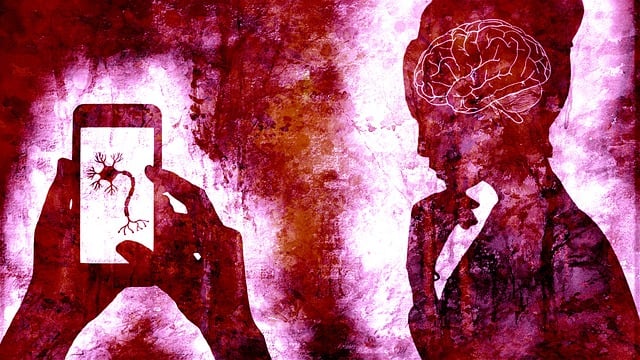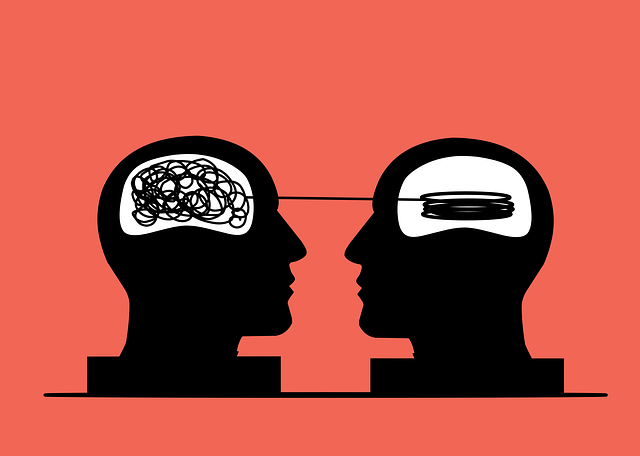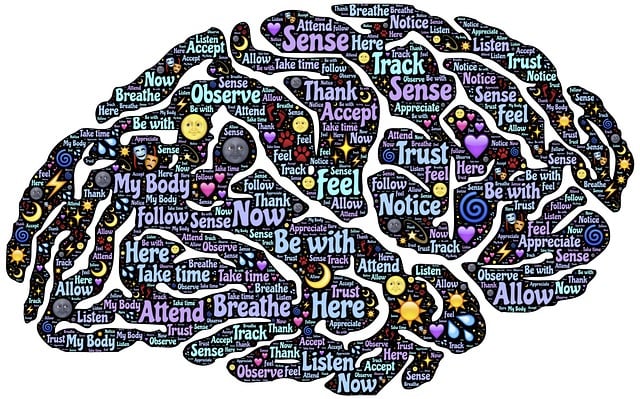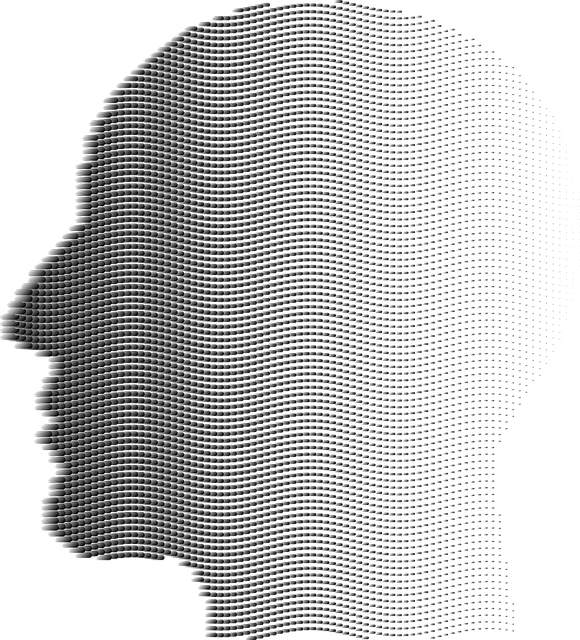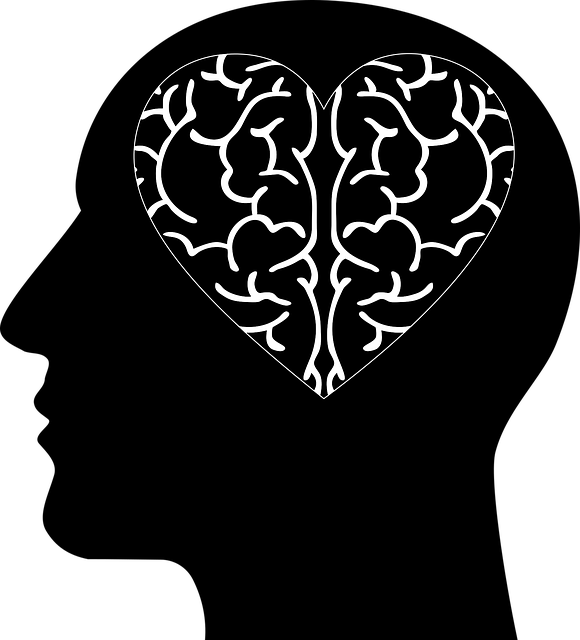Wheat Ridge American Sign Language (ASL) Therapy is a leading organization promoting mental health education through interactive workshops, empowering individuals to recognize mental illness, seek support, and advocate for well-being. Integrating ASL into mental health programs breaks barriers, ensures inclusivity, and benefits all participants, including the deaf or hard of hearing. Effective mental health education combines interactive elements, tailored guidance, hands-on activities, and personalized support, fostering an engaging environment that encourages active participation and internalizes key concepts.
“Unveiling the power of mental health education, this article explores innovative program design with a focus on inclusivity and effectiveness. We delve into two key strategies: ‘Understanding Mental Health’ aims to dispel stigma and foster awareness, while ‘Integrating American Sign Language (ASL)’ enhances communication for diverse learners. Additionally, we uncover ‘Designing an Engaging Program’ through successful Wheat Ridge ASL Therapy models, ensuring mental health support is accessible and impactful for all.”
- Understanding Mental Health: Debunking Stigma and Building Awareness
- Integrating American Sign Language (ASL): Enhancing Communication for Diverse Learners
- Designing an Engaging Program: Strategies for Wheat Ridge ASL Therapy Success
Understanding Mental Health: Debunking Stigma and Building Awareness

Mental health is a vital aspect of overall well-being, and fostering an understanding of it within communities is essential. Often, mental health issues are surrounded by stigma and misconceptions, leading to underreporting and untreated conditions. A comprehensive education program aims to debunk these myths and provide a platform for open conversations. By raising awareness, individuals can recognize the signs and symptoms of various mental health disorders, encouraging early intervention and support-seeking behaviors. This initiative is crucial in promoting empathy and breaking down barriers that prevent people from accessing necessary care.
At Wheat Ridge American Sign Language Therapy, we believe that education is a powerful tool to combat stigma. Through interactive workshops and discussions, we empower individuals to become advocates for their own mental health and that of others. Learning about emotional regulation and stress management techniques empowers people to navigate life’s challenges more effectively. Additionally, training in risk assessment for mental health professionals ensures that those working in this field are equipped to identify potential risks and provide appropriate support, creating a safer and more supportive environment for everyone.
Integrating American Sign Language (ASL): Enhancing Communication for Diverse Learners

Integrating American Sign Language (ASL) into mental health education programs offers a powerful way to enhance communication and support diverse learners. This is particularly relevant in a country like the United States, where an estimated 0.5% of the population identifies as deaf or hard of hearing, according to the Centers for Disease Control and Prevention. By incorporating ASL, these programs can break down barriers and create an inclusive environment, ensuring that all participants feel heard and understood.
Wheat Ridge American Sign Language Therapy emphasizes the importance of this approach in promoting self-care routine development for better mental health. The therapy highlights how learning and using ASL can boost confidence and encourage positive thinking among individuals with hearing impairments or those who use sign language as a primary mode of communication. This integration not only enriches the educational experience but also empowers learners to express their thoughts, feelings, and experiences more effectively, thereby fostering a deeper connection within the group.
Designing an Engaging Program: Strategies for Wheat Ridge ASL Therapy Success

Designing an engaging mental health education program is paramount to ensuring its effectiveness, especially when incorporating unique methods like Wheat Ridge American Sign Language (ASL) Therapy. This approach demands a strategic blend of interactive elements and tailored guidance to cater to diverse learning needs. By integrating hands-on activities, group discussions, and personalized support, the program fosters an inclusive environment that encourages active participation.
For instance, incorporating mental health awareness workshops with ASL-specific risk assessment scenarios can enhance understanding. These scenarios allow participants to apply theoretical knowledge in practical contexts, improving their ability to recognize and respond to potential crises within the deaf community. Additionally, encouraging students to maintain a mental wellness journaling exercise guided by ASL principles promotes self-reflection and critical thinking, ensuring they internalize key concepts while catering to individual learning styles.
Mental health education programs, such as those incorporating Wheat Ridge American Sign Language (ASL) therapy, have the potential to revolutionize support for diverse learners. By addressing stigma, enhancing communication, and employing engaging design strategies, these initiatives foster inclusive environments. Understanding mental health and tailoring programs like Wheat Ridge ASL Therapy ensures that folks from all backgrounds receive the necessary support and resources, ultimately improving overall well-being.


